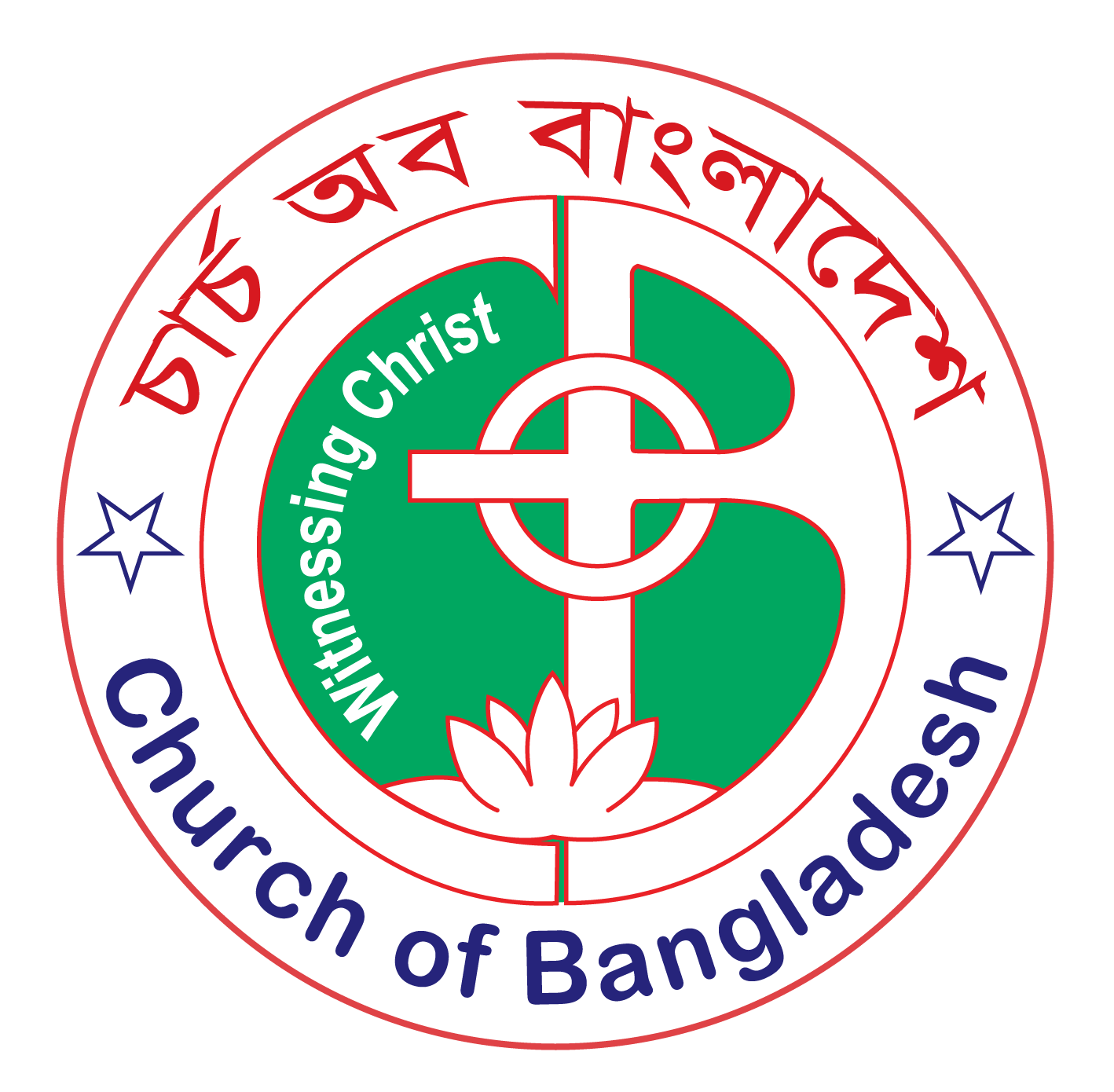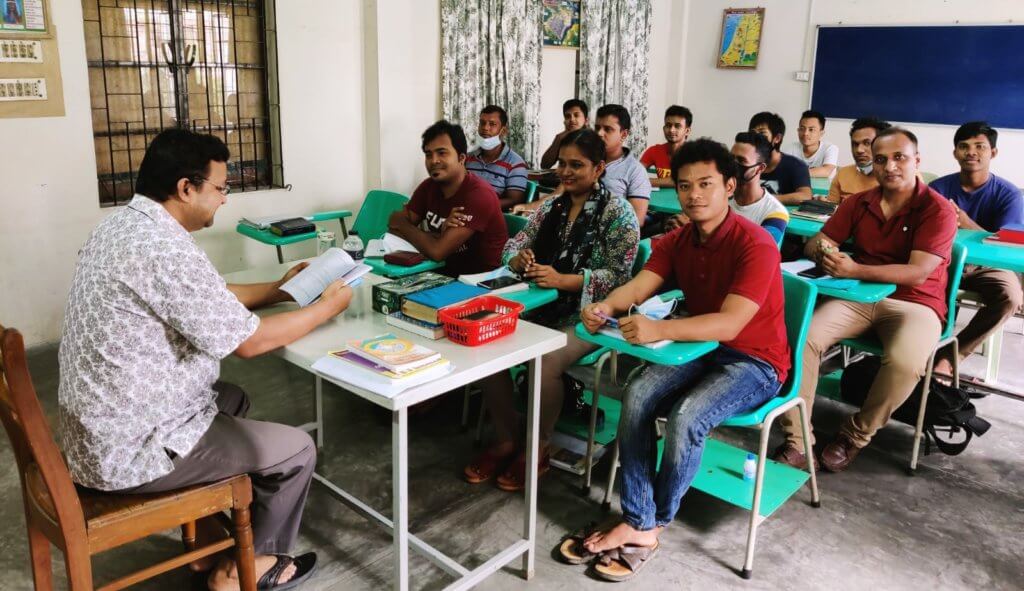
Principal : Rev. John Probhudan Hira
E-mail : probhudanhira.cob@gmail.com
Phone : 01716815368
Aim of the College
To provide a good theological and spiritual grounding that allows students to reflect theologically and faithfully on their life and work within the cultural setting of the Sub-continental context, in order that they may be fitted to serve both church and society.
Vision
The Church should be spiritually strong to be the witness of Christ here in Bangladesh. (Acts 1:8).
Mission
The Synod Theological and Liturgical Committee is keen to nurture the spirituality which the Church of Bangladesh has received historically from its pioneers and also aware to take initiatives to prepare people to serve the church to keep the people spiritually awake and to witness Christ
St. Andrew’s Theological College
The Synod Theological and Liturgical Committee is keen to nurture the spirituality which the Church of Bangladesh has received historically from its pioneers and also aware to take initiatives to prepare people to serve the church to keep the people spiritually awake and to witness Christ.
St. Andrew’s Theological College, the theological training center of the Church of Bangladesh, was initially founded in 1976 at St. Thomas’ Cathedral. The name St. Andrews was given in honor of a small theological discipleship school which previously existed at St. Andrew’s Mission, Haluaghat in the 1930’s.
At first, St. Andrew’s was started with students who did not have enough academic qualification and who could not go to Bishop’s College, Calcutta due to visa problems. Most of the first batch students are now potential presbyters of the church. This was a residential course but it gradually expanded to include a non-residential element offering training to catechists and other lay-workers as well as potential priests. Since 1988 St. Andrew’s became a full-fledged college and could offer an entirely residential and non-residential course for a Bachelor of Theology degree for the ordained and for the external students of Bangladesh. We also simultaneously started a laymen’s course for development of lay-leadership.
The college gradually outgrew the space in number and activities in such a way that we found the accommodation in St Thomas’ Church in Old Dhaka was too small. The college then moved to 54/1 Barobag, Mirpur-2, Dhaka-1216 in the year 2000, where we could build spacious and better facilities for our internal and external students with the help of Kerk in Actie Netherlands, Church of Scotland and CWM .
In 2002 a new One Year Diploma Course on Social Ministry was introduced to train the Community Development Workers.
In 1988 St. Andrew’s was recognized and registered by the Senate of Serampore University in India as an External College and got affiliation in 1996 to teach their curriculum for academic degrees in Bangladesh.
Retreat and Prayer Garden at Savar
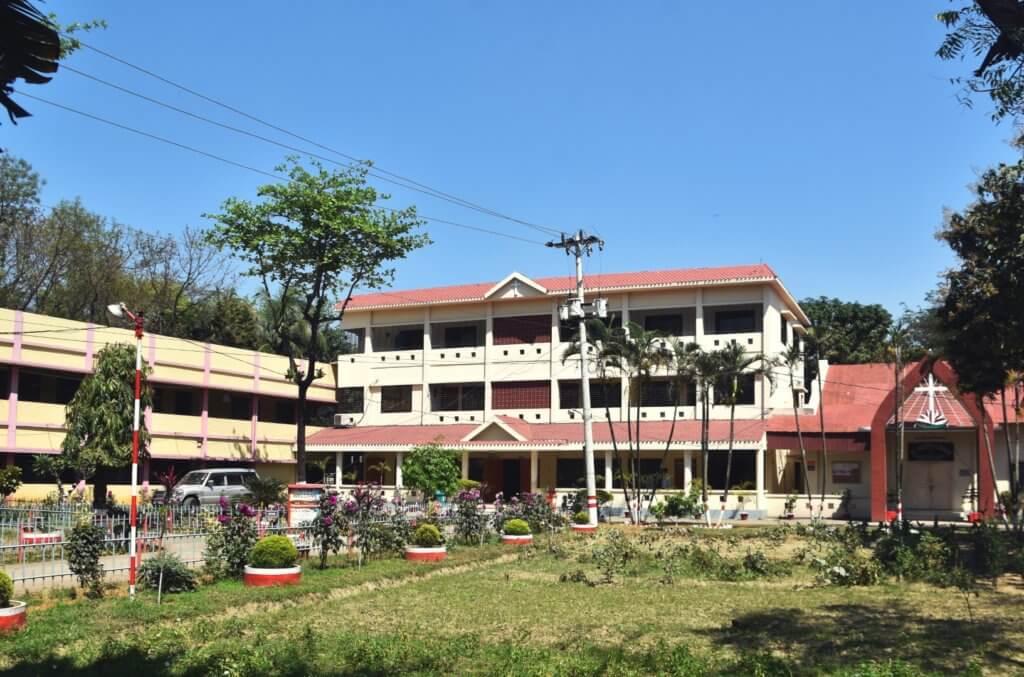
This Centre in Savar is situated about 28 km from the Capital City. It provides a peaceful and contemplative environment, filled with trees and flowers. It is widely used by the Church of Bangladesh for a variety of official meetings and workshops. It is also used for retreats, meditation, reflection and theological studies by other Christian denominations and organizations.
“Shantidham” at Panihata
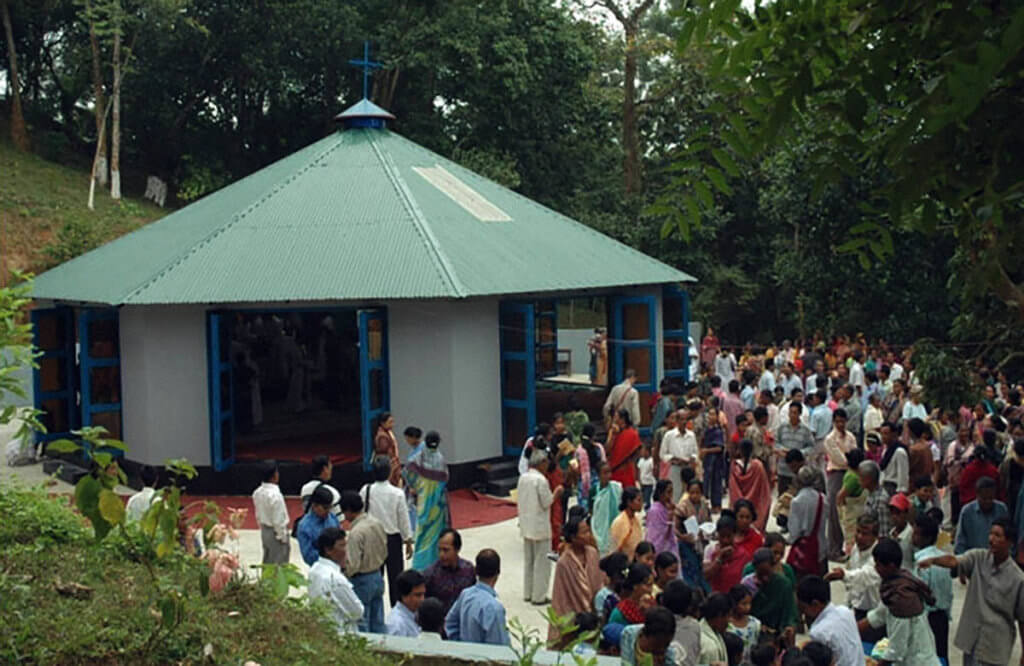
Panihata is a small parish in Haluaghat Deanery. The natural beauty of this village is very charming. This is a very quiet place surrounded by small hills, trees and with a river running between India and Bangladesh. In the midst of the vast quietness and natural beauty of this place, a small Retreat-cum Church Center has been founded by the Church of Bangladesh with a hope to bring relief and peace in the minds of people who are thirsty for peace. This centre is named “Shantidham” – meaning “Home of Peace”. The center was dedicated on November 10, 2006 by Bishop Michael S Baroi.
Rupantor Retreat and Prayer Garden, Kushtia
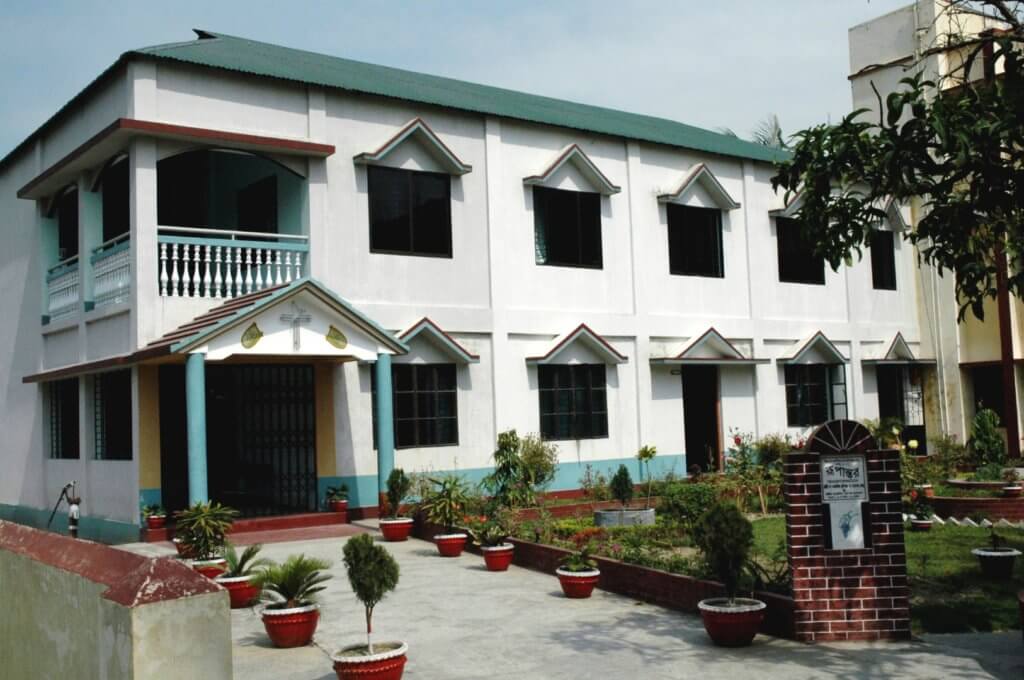
This centre is located at the heart of Kushtia Town inside the Church Campus. The centre is in a calm and quiet location and conducive for study and reflection. It is widely used by the Church of Bangladesh for a variety of official meetings, workshops, training sessions and conferences.
